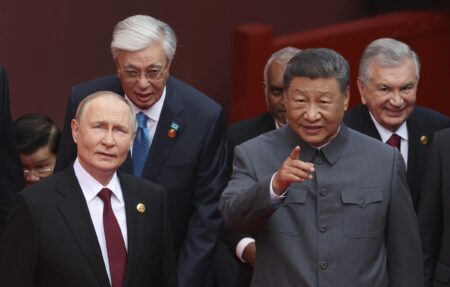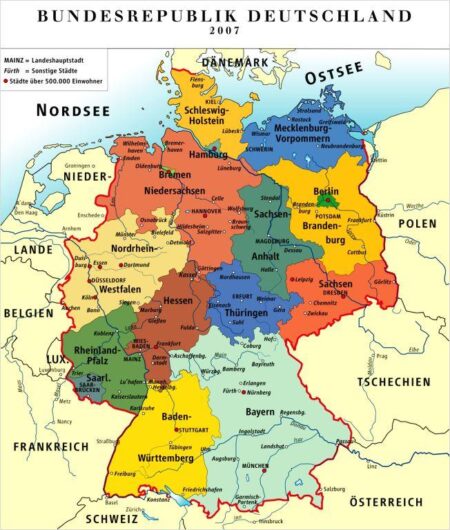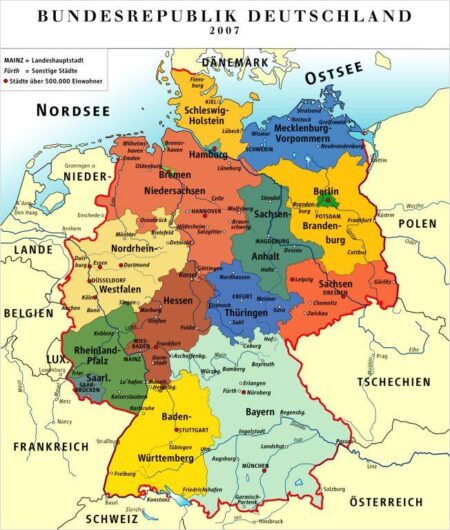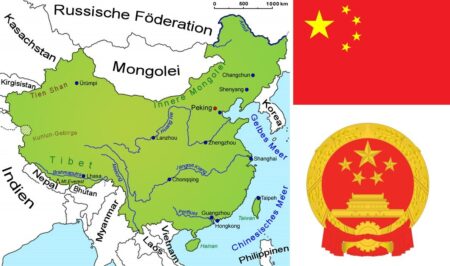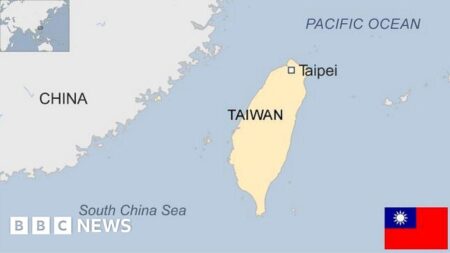China’s “Typhoons” cyber operations are revolutionizing the FBI’s approach to tackling advanced threats. New, dynamic strategies focus on pinpointing and dismantling state-sponsored hacking groups in an ever-evolving digital battlefield
Browsing: National Security
A new Lowy Institute report reveals Australians’ pragmatic view of China, expertly navigating robust economic ties alongside strategic caution in a region marked by growing tensions. Realism shapes public sentiment on Canberra’s China policy
The National Interest explores Donald Trump’s Russia strategy, unveiling a compelling blend of bold diplomacy and strategic deterrence. This article breaks down the key policies driving U.S.-Russia relations amid a complex and ever-shifting geopolitical landscape
Germany’s conservatives are passionately advocating for the revival of mandatory military service, framing it as a vital step to protect national security amid rising global tensions. The debate intensifies as key parliamentary discussions draw near
Australia faces intense criticism for allegedly ignoring 2023 warnings about Iran’s harassment and surveillance of the Iranian diaspora. The Guardian sheds light on escalating fears surrounding national security and the protection of vulnerable minority communities
Germany has charged a US citizen with spying for China, delivering a significant blow in the shadowy world of international espionage. Authorities disclosed that the suspect allegedly gathered sensitive information on behalf of Chinese intelligence
In Germany, officials have revealed that a U.S. citizen stands accused of spying for China. This individual allegedly gathered sensitive intelligence, raising alarm over a significant threat to national security and intensifying concerns about escalating espionage activities
The New York Times exposes China’s unexpected sway in recent New York elections and unveils startling revelations from Ghislaine Maxwell’s discussions with DOJ officials, shedding light on a complex web of political and legal battles
A Navy sailor now faces life imprisonment after allegedly selling military secrets to China for a mere $12,000, Fox News reports. This stunning betrayal has set off major national security alarms and sparked a fierce investigation
US Navy sailor Jinchao Wei has been caught red-handed spying for China, the South China Morning Post reveals. Wei allegedly leaked highly sensitive classified information, raising alarming questions about national security risks
Australia’s banking regulator has delivered a powerful warning: rising geopolitical tensions may trigger a wave of cyber attacks aimed at financial institutions. In light of this, banks are being called upon to strengthen their cybersecurity defenses and stay one step ahead of these growing global risks
Italy’s bold Sicily bridge project is set to transform travel by linking the island directly to the mainland, revolutionizing civilian journeys while boosting military strategy and fortifying defense across the Mediterranean
AI experts returning from China warn that the U.S. power grid’s fragility threatens to slow down AI advancements, suggesting that China may have already taken the lead in the AI race, Fortune reports. These vulnerabilities in critical infrastructure pose urgent challenges that require swift and decisive action
Australia stands at a pivotal crossroads, facing urgent challenges from climate change to escalating geopolitical tensions. Experts at Engelsberg Ideas urge bold, decisive action to navigate these threats and secure a stable, prosperous future for the nation
Many in Taiwan fear that China’s growing influence could be the first step toward a stealthy takeover. As economic ties deepen and political pressure mounts, concerns are rising that Beijing is gradually chipping away at the island’s hard-won autonomy
The sale of a Nashua property to a Chinese-owned company has sparked serious national security concerns, prompting both local and federal officials to take a hard look at the potential risks involved. This incident highlights the escalating tensions over foreign investments in the U.S
China’s economy is caught in a relentless downward spiral, weighed down by slowing growth, soaring debt, and weakening global demand. Experts warn that this dangerous cycle could destabilize the nation and erode China’s power on the world stage
A Chinese woman has become the third individual charged under Australia’s foreign interference laws, highlighting growing concerns over foreign influence and national security, ABC News reports
Espionage siphoned an astonishing $12.5 billion from Australia’s economy in 2023-24, disclosed ASIO chief Mike Burgess. This dramatic increase underscores growing concerns about national security and foreign interference
Spain remains cautious about increasing security spending despite escalating threats, opting to prioritize economic recovery and social programs for now. Yet, experts warn that this cautious approach may leave the nation exposed to serious defense risks

